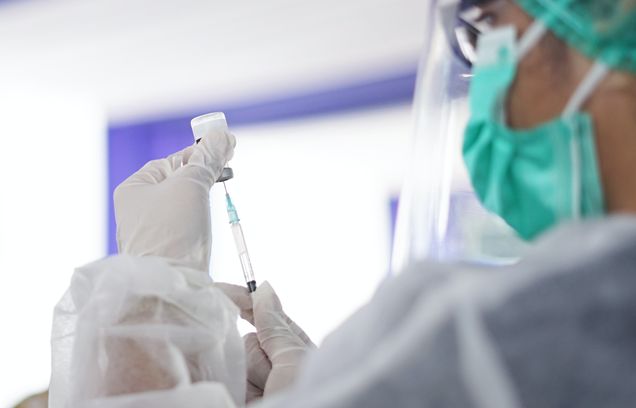From Business as Usual to Health for the Future: Challenging the Intellectual Property Regime to Address COVID-19 and Future Pandemics

COVID-19 has been met by an international legal and policy regime of closed science, intellectual property monopolies and privatized control over the testing, supply, price and distribution of life-saving health technologies. Despite the remarkable effectiveness of the currently available vaccines, almost one-third of the world remains unvaccinated, allowing the pandemic to continue in many low- and middle-income countries (LMICs). Concomitantly, therapeutics and diagnostic tests have been vastly more available in high-income countries.
A new journal article in the Boston University International Law Journal by Brook Baker and Rachel Thrasher seeks to explain the legal, political and commercial obstacles that bar LMICs from getting access to the pharmaceutical products needed to protect their populations.
The authors summarize why access to medicines is fraught, even in ordinary times, most notably due to the impacts of the Agreement on Trade-Related Aspects of Intellectual Property (TRIPS) at the World Trade Organization. Baker and Thrasher also describe how trading regime dynamics have played out in the context of COVID-19, analyzing the successes and shortcomings of four levels of public and private action aimed at increasing access to COVID-19 related products.
The authors demonstrate that despite the many changes made to the global legal landscape over the past three years, much needs to be done to establish a more resilient and equitable response to the pandemic and any that inevitably emerge in the future. They argue future pandemic responses should include major intellectual property reform, adequate financing and assurance of equitable distribution of pandemic countermeasures by prepared and capacitated health systems.
Read the Journal Article Read the Blog Summary